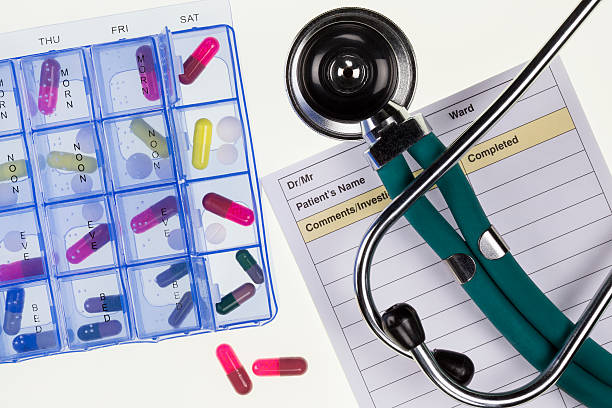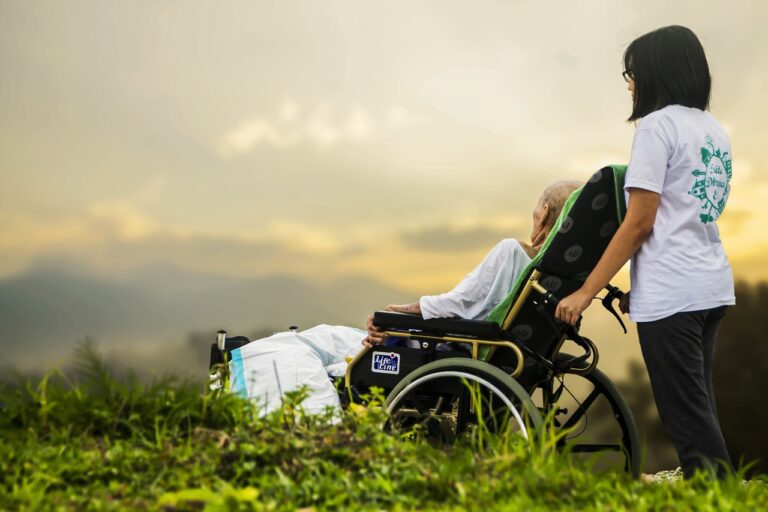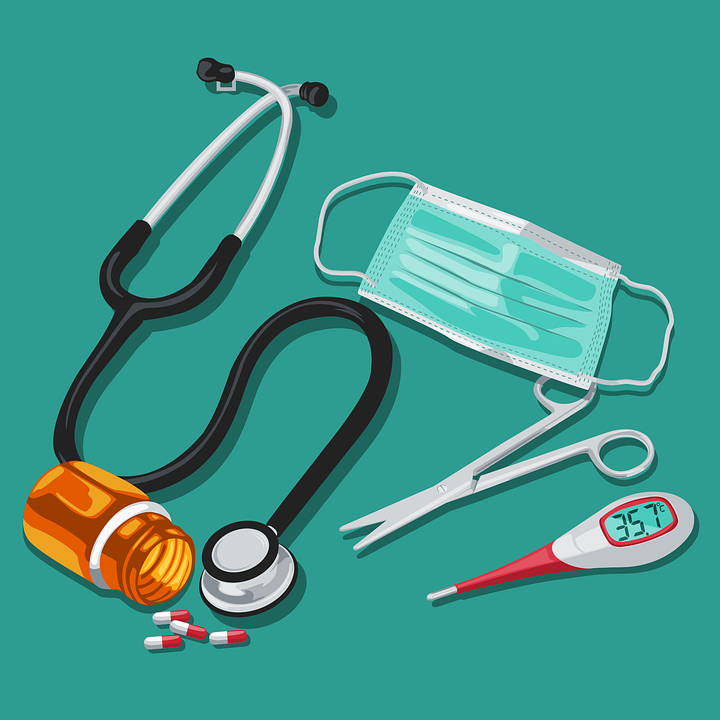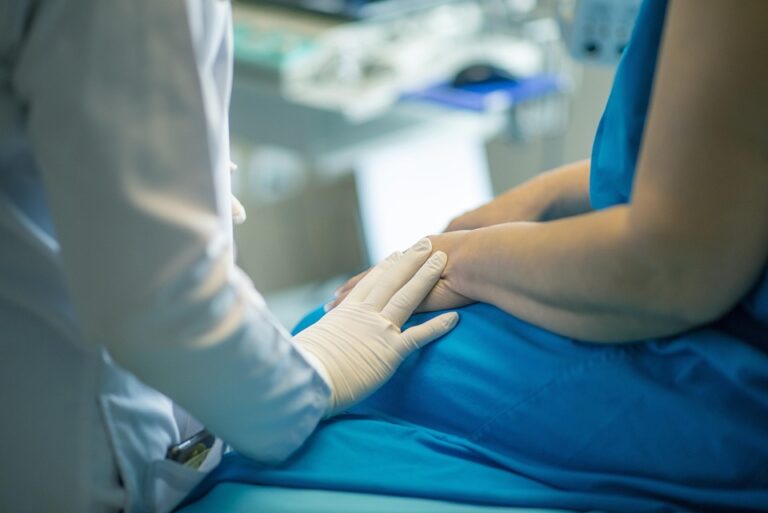Book Appointment Now

Improving Clinical Judgement through SOAP Notes
Nurses use SOAP notes daily to record patient information, assess symptoms, and document treatment plans. However, beyond just maintaining records, SOAP notes play a crucial role in developing and strengthening clinical judgment. In this article, we’ll explore how improving clinical judgment through SOAP notes can elevate nursing practice, enhance critical thinking, and lead to better patient outcomes.
Get a custom nursing essay about clinical judgment through SOAP notes assignment
Order Custom Nursing Essay
How SOAP Notes Support Clinical Judgment and Critical Thinking in Nursing
Effective clinical judgment in nursing involves making sound decisions based on patient information and thorough assessments. By carefully documenting through SOAP (Subjective, Objective, Assessment, Plan) notes, nurses organize patient data in a structured format, promoting clarity in their clinical reasoning process.
Each component of a SOAP note prompts nurses to evaluate specific types of information:
- Subjective (S): Patient-reported symptoms and concerns.
- Objective (O): Measurable data like vital signs and test results.
- Assessment (A): Nurse’s interpretation or diagnosis of the situation.
- Plan (P): Treatment plan or next steps for the patient.
As a tool, SOAP notes help nurses identify patient patterns, detect potential complications, and devise personalized care plans. By consistently documenting in this structured manner, nurses develop a habit of critical thinking, as each SOAP section requires careful consideration and accuracy.
Building Clinical Judgment Skills Through Structured Documentation
In nursing, boosting clinical judgment through SOAP notes begins with the careful documentation of observations and assessments. Each SOAP component enhances critical thinking in the following ways:
1. Sharpening Observational Skills (Subjective & Objective Data)
- The Subjective and Objective sections encourage nurses to distinguish between patient-reported symptoms and observable signs.
- Documenting subjective information requires attentiveness to patient concerns, ensuring a holistic view of health beyond just measurable data.
- By focusing on detailed, accurate descriptions in the Objective section, nurses enhance their ability to detect subtle clinical cues, strengthening observational skills crucial to clinical judgment.
2. Encouraging Analytical Thinking (Assessment)
- The Assessment phase of SOAP notes involves interpreting data collected from the Subjective and Objective sections, pushing nurses to connect symptoms with possible causes.
- Analytical skills are built here as nurses consider the relevance and implications of different findings, fostering the ability to differentiate between routine observations and red flags.
- Regular practice in making assessments based on patient data reinforces diagnostic accuracy and strengthens clinical reasoning.
3. Supporting Decision-Making Abilities (Plan)
- In the Plan section, nurses outline actionable steps based on their assessment, prompting a high level of critical thinking and decision-making.
- The process encourages nurses to anticipate patient needs, prioritize care, and communicate treatment plans effectively within the healthcare team.
- Documenting the plan also supports accountability, as nurses track outcomes and reassess treatment strategies to ensure continuous improvement.
Case Examples: How SOAP Notes Enhance Medical Judgment in Real Scenarios
To illustrate the impact of SOAP notes on clinical judgment, consider the following cases:
- Case 1: Acute Respiratory Symptoms in Elderly Patients
- Subjective: Patient reports difficulty breathing, fatigue, and a persistent cough.
- Objective: Elevated respiratory rate, low oxygen saturation, and a fever.
- Assessment: Suspected pneumonia, considering age and symptom progression.
- Plan: Administer oxygen, initiate antibiotic therapy, and monitor vitals closely.
In this scenario, SOAP notes help the nurse organize and interpret symptoms logically, allowing for timely diagnosis and intervention that improve the patient’s outcomes.
- Case 2: Postoperative Pain Management
- Subjective: Patient describes intense pain around the surgical site.
- Objective: Swelling, elevated heart rate, and tenderness at the incision.
- Assessment: Potential infection or poor pain management strategy.
- Plan: Adjust pain medication, apply ice, and schedule follow-up assessments.
Here, SOAP documentation fosters clinical judgment by highlighting the importance of reassessment, prompting the nurse to adjust the care plan to address evolving patient needs.
Best Practices for Using SOAP Notes to Strengthen Clinical Judgment in Nursing
To maximize the benefits of SOAP notes in bettering clinical judgment through SOAP notes, nurses should adhere to best practices for effective documentation:
- Maintain Consistency: Regular use of the SOAP format ensures that essential data is systematically recorded, supporting clarity and comprehensive patient evaluations.
- Use Objective Language: Avoid subjective interpretations in the Objective section. Only include measurable, observable facts to enhance accuracy.
- Practice Reflective Documentation: After completing a SOAP note, reflect on any patterns or inconsistencies in patient symptoms and outcomes to reinforce learning.
- Seek Feedback from Colleagues: Sharing SOAP notes with peers or mentors can provide new perspectives, allowing for feedback that may sharpen clinical judgment.
Strengthening Nursing Practice by enhancing Clinical Judgment Through SOAP Notes
By systematically documenting assessments and observations, nurses not only enhance patient care but also cultivate critical thinking and clinical reasoning skills essential for effective practice. Through consistent and careful use of SOAP notes, nurses can strengthen their clinical judgment, ultimately contributing to safer and more effective patient care. Embracing improving clinical judgment through SOAP notes as part of daily practice is a step toward mastery in nursing, where each entry is an opportunity to learn, analyze, and grow in clinical competence.
Consistent and well-structured documentation is a gateway to improved critical thinking in nursing, ensuring that each patient receives the highest quality of care based on well-developed clinical judgment skills.
Check out: Writing SOAP Notes, a Step-by-Step Guide







